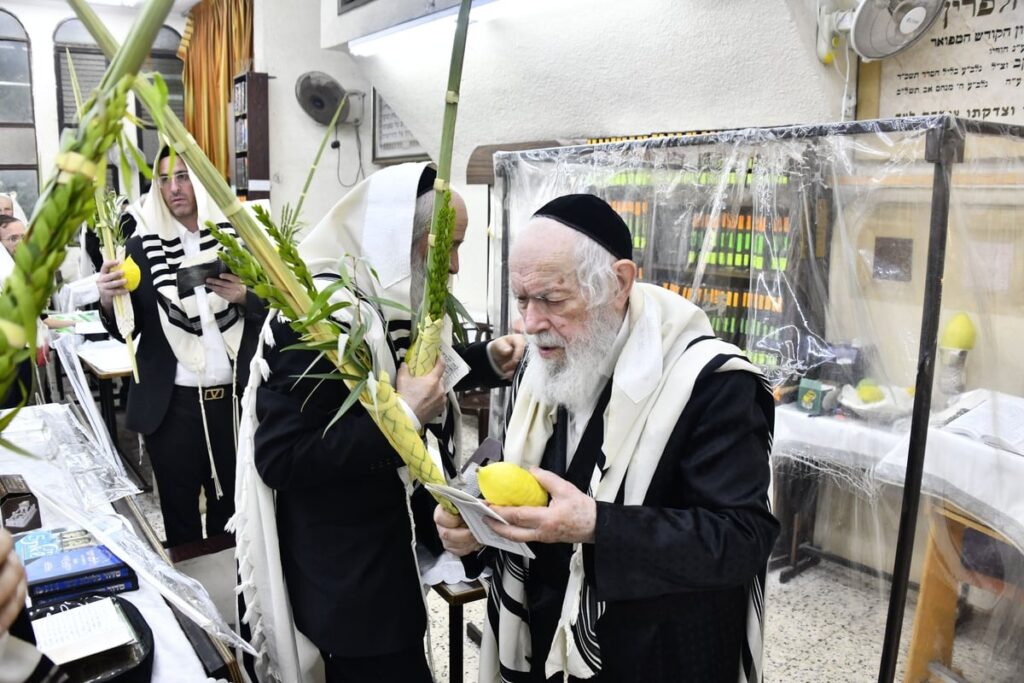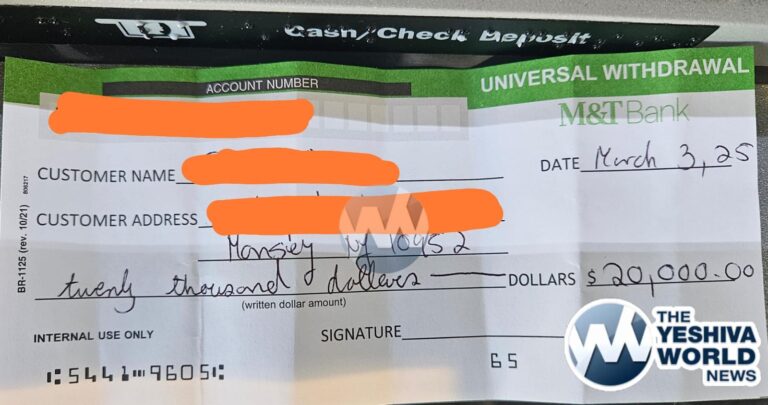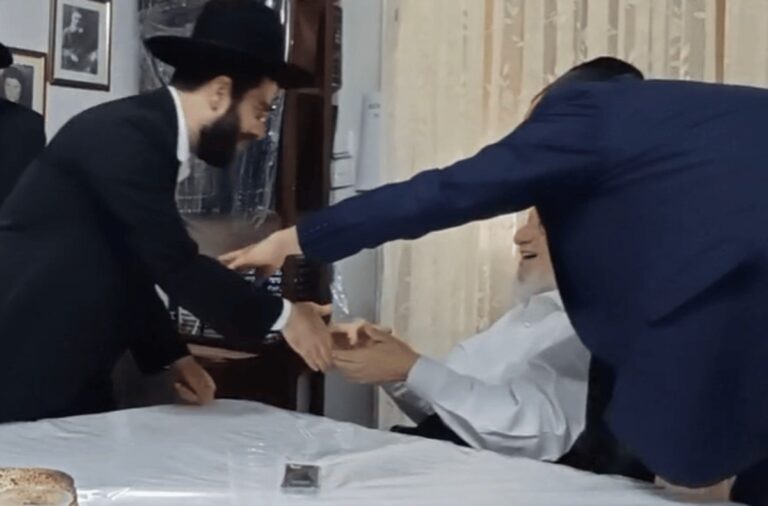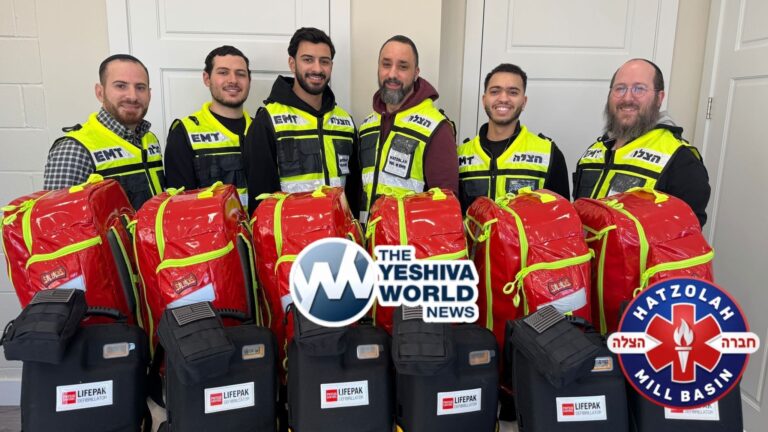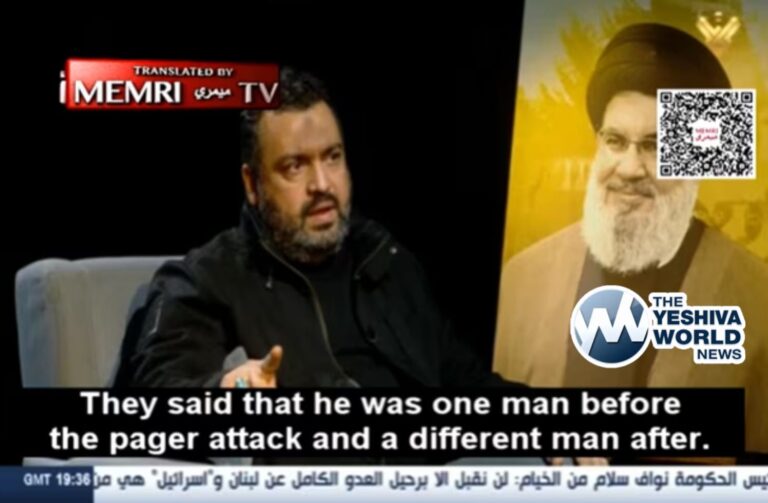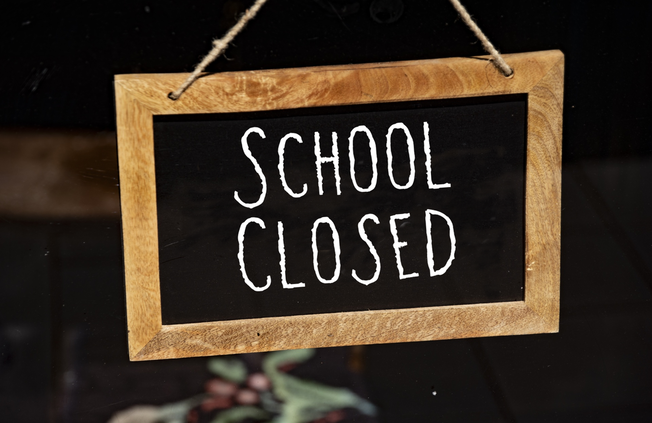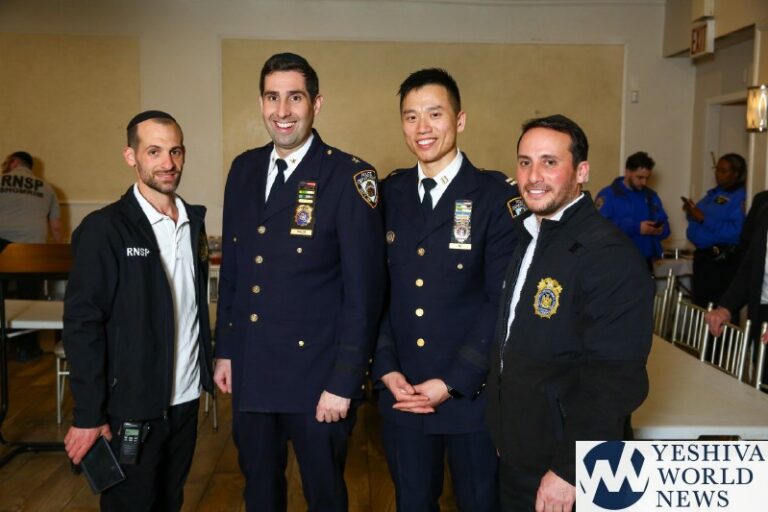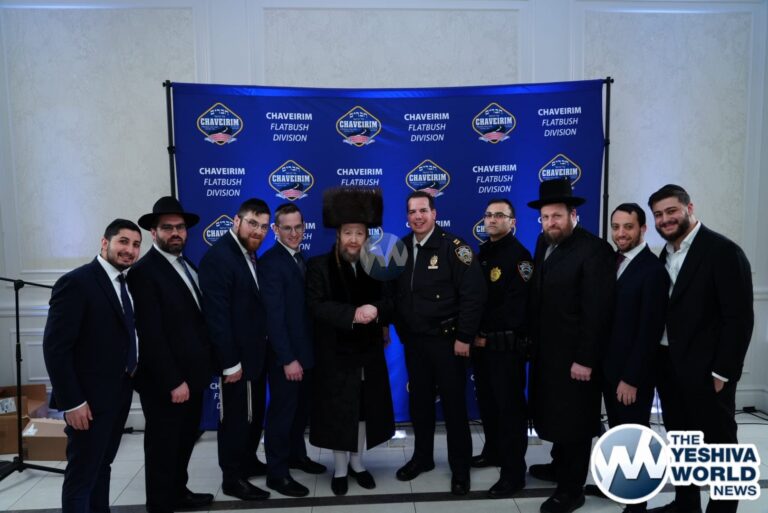HaGaon HaRav Yitzchak Zilberstein published a special letter on Tuesday evening, Hoshanah Rabbah, in which he warned the public to heed the instructions of the IDF’s Home Front Command.
“We are currently in days when Hakadosh Baruch Hu is awakening us to return to Him in teshuvah and to strengthen ourselves even more in limmud haTorah, and the sirens are like the thunder that has been sent to straighten the crookedness in the heart,” HaRav Zilberstein wrote.
“At the same time while Hakadosh Baruch Hu is urging us to return in teshuva, He also commanded us in the Torah ‘ונשמרתם מאד לנפשותיכם.’ And from the fact that the Torah emphasized ‘מאד,’ we learn that we must be cautious even in the smallest question of doubt regarding pikuach nefesh. Therefore, the Chazon Ish wrote that when a siren is heard, it should be regarded by the public as pikuach nefesh (especially today, when the Land of Israel is divided into over 1,700 alert zones and the sirens are more localized).”
“Upon hearing a siren, one must follow the authorities’ instructions and enter a safe area, as it is Hashem’s command not to rely on nissim. Therefore, Hakadosh Baruch Hu commanded us to carry out hishtadlus to preserve our lives, and following the safety instructions of the authorities is the hishtadlus we need to carry out.”
“However, entering the safe area should not be done out of panic or fear, as this indicates a complete lack of trust that Hakadosh Baruch Hu will protect us, and we should only do what we need to do. Thus, one should recite a perek of Tehillim on the way to the safe area and also reflect on teshuvah, thereby fulfilling four mitzvos d’oroiysa: 1. Hishtadlus, 2. Bitachon b’Hashem Yisbarach, 3. Tefillah at a time of tzarah, 4. Teshuvah at a time of tzarah.”
HaRav Zilberstein also addressed the issue of sirens that blare in the middle of the night which may frighten small children.
“When a siren goes off at night, if there’s concern that the children might panic (which also borders on pikuach nefesh), they should be put to sleep in safe places, meaning either in a protected room or in an internal room in the house, according to safety instructions,” the Rav wrote.
HaRav Zilberstein signed the letter in his handwriting: “With bracha and ahavah, your brother Yitzchak Zilberstein.”
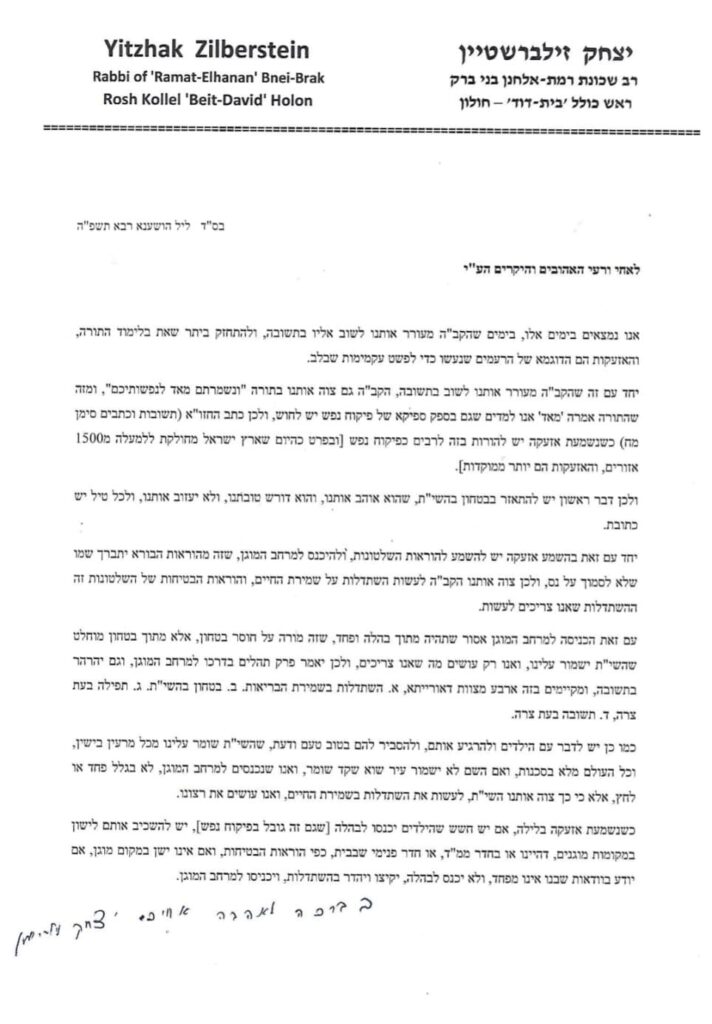
(YWN Israel Desk – Jerusalem)

